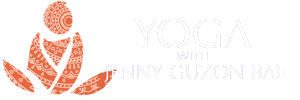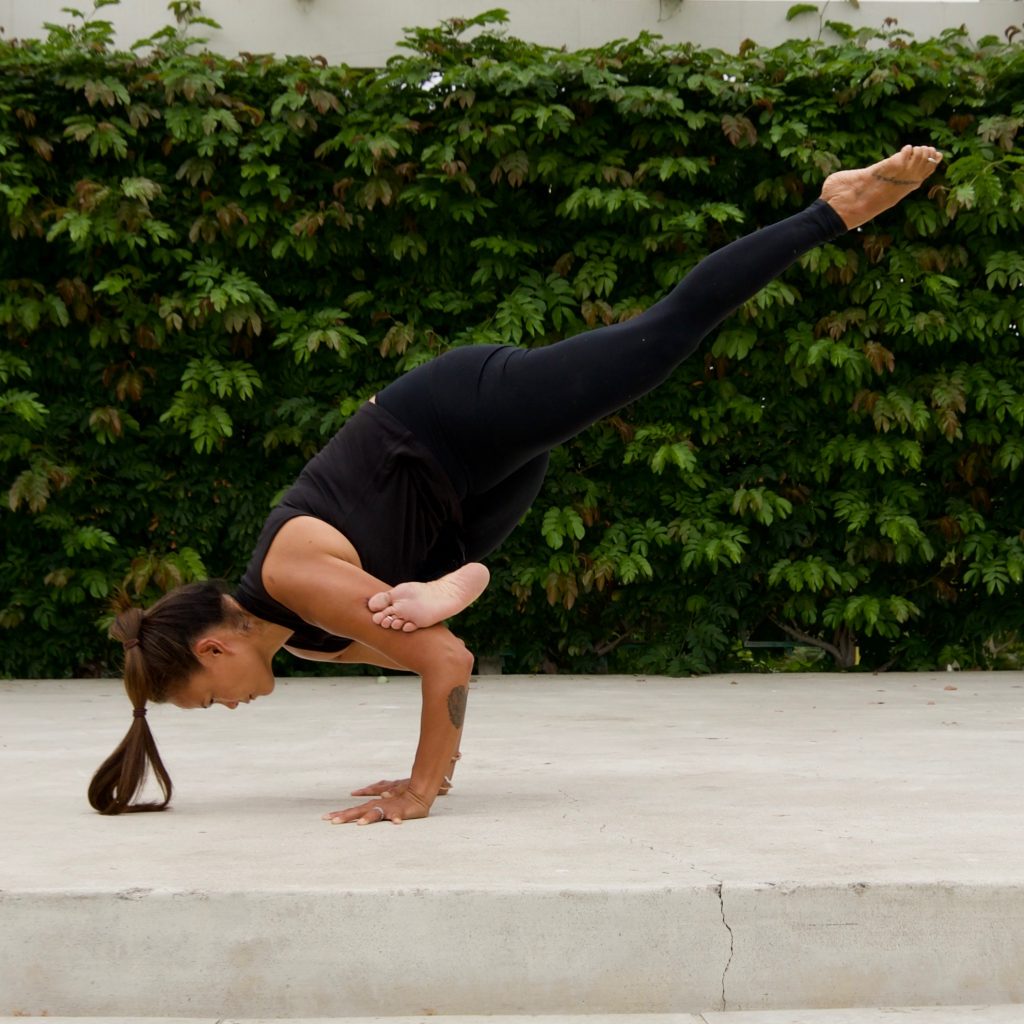People often mistake the absence of fear for #bravery. And people often limit their definition of bravery to intense, one-off, self-sacrificing or just insane experiences.
But bravery is a #mindset and a #habit. It’s a muscle that you can train, just like #hope. It’s a practice that you can get intentional about, so that it’s a constant in your life, not a one-off. And most importantly, bravery is showing up even when you’re scared. It’s not the absence of fear. It’s being willing to stay true to your authentic self in the face of your #fear.
Bravery can be speaking your #truth, when you’re uncomfortable with it and its consequences. Bravery can be staying true to your feelings and instincts, when your ego or peers are trying to sway you. It can be asking the questions you don’t want the answer to, or asking the uncomfortable questions that you need the answer to.
Bravery is #listening compassionately to criticism and being open to new perspectives, even on ourselves. It’s being willing to see what is familiar, in a new light.
It’s facing reality without being dominated by it, and honoring our aspirations without being controlled by them. It’s being ready to try to new things and withhold #judgement on them.
In many senses, bravery is #honesty, openness, realism and idealism all wrapped into one. And like most things, it’s not an easy habit to develop. The warm cocoon of comfort zones, the safety of being perceived as likeable and successful, the comfort of blaming others for our shortcomings and theirs, the easy company of bitterness and resentment – all of these influences make bravery a scary, difficult choice. In fact, they make bravery a very #brave choice.
But it’s a #choice we can all make.


